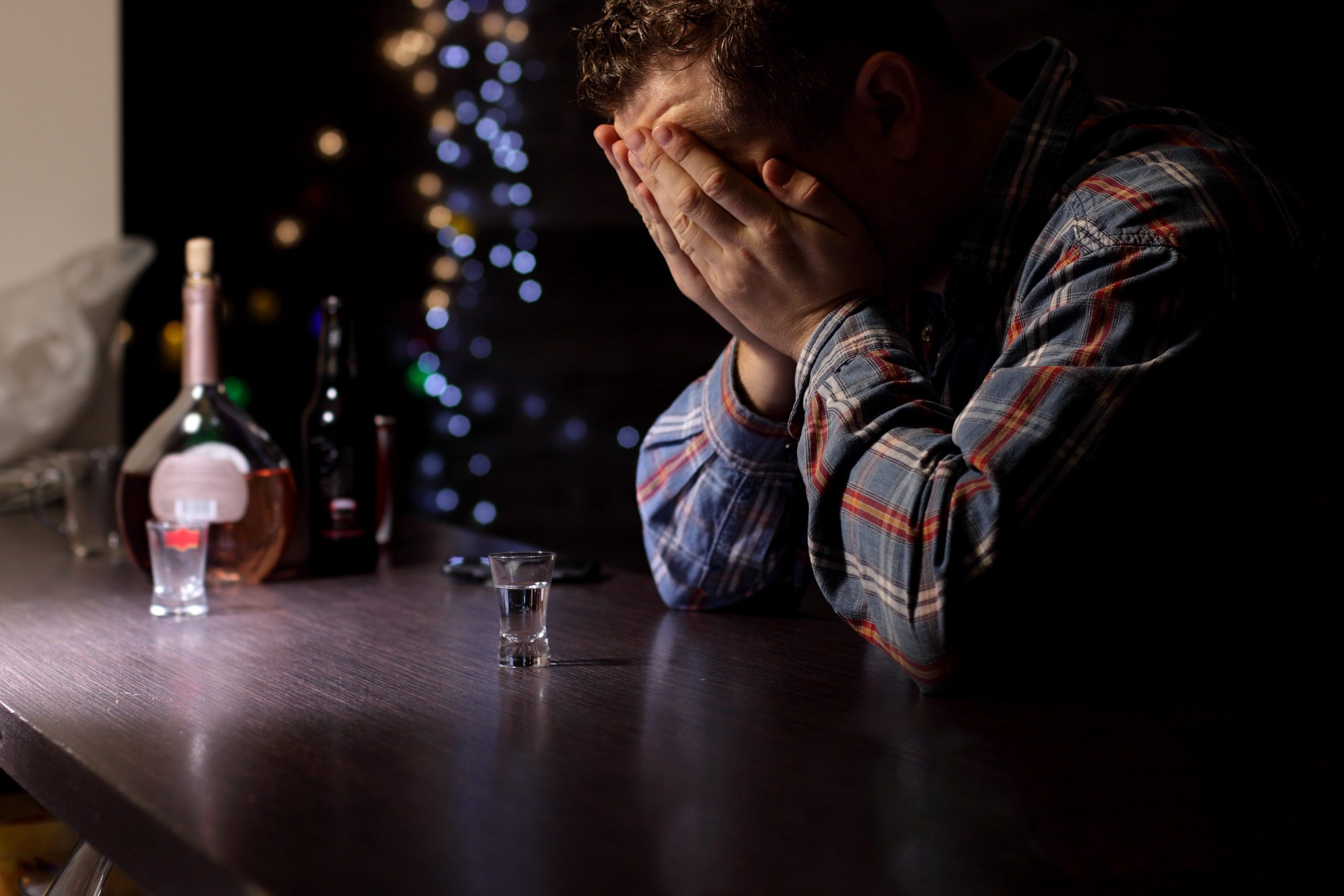The holidays are certainly a special time. For most, they commemorate annual traditions and family togetherness. But if this happens to be the first year without a loved one due to an untimely passing, then the tone can easily shift towards pain or grief. This is actually a very common occurrence during December and one that begs further conversations.
The website Health.com recently touched upon the topic of grief during the holidays, offering solutions and coping mechanisms for people dealing with a difficult month. Truth be told, it doesn’t matter if your loved one passed early in the year or a few weeks back; a Christmas, Hanukkah or New Year’s celebration without them can be just as painful.
One thing that Health emphasized was not trying to shut out those memories. Instead, writer Rebeca Soffer mentioned carrying on at least one ongoing tradition that had been handled by the deceased loved one. Whether it’s a “famous recipe,” an after dinner routine or a decoration that symbolizes them. As Soffer put it; this ritual can be very minor, but can serves to overcome a state of grief.
“Consider choosing one treasured ritual, like opening gifts in your sister’s preferred order or watching your husband’s favorite holiday film, and give yourself permission for flexibility on the next holiday if your grief is in a different place then,” she wrote. “This kind of selectivity allows you to foster a sense of connection without exhausting yourself physically and mentally, or turning the month into an emotional minefield.”
Another way of coping recommended by the site, was finding a charitable outlet to donate time towards. The holidays are, after all, about giving back, so doing good deeds during this season can feel especially poignant. If possible, try volunteering for a cause that was close to your lost loved one. It can actually be very therapeutic to spend time doing something that you know they felt passionate about.
One final piece of advice (which we also agree with) is to seek out help when it’s needed. Many people do tend to put a lot of pressure on themselves during the holidays, whether it’s shopping, hosting or what have you. Don’t let added grief push you to a breaking point. Talking to a professional is always a recommended plan of action after someone close passes and our team is just a phone call away.




